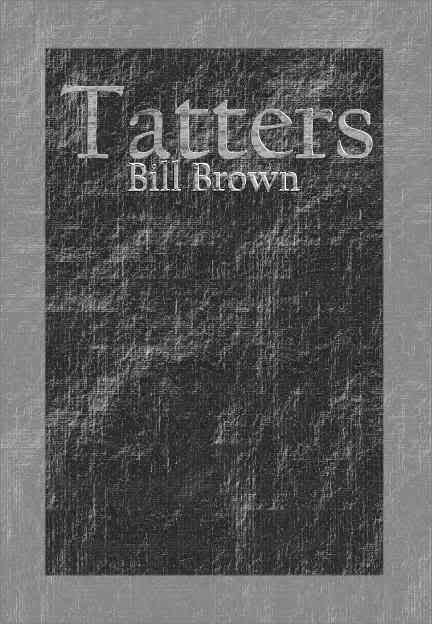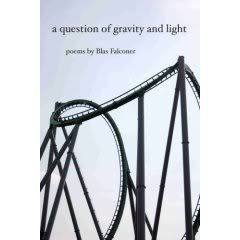
Let me introduce you to Bill Brown, another terrific poet from these parts. I’m embarrassed to say his work was new to me when I reviewed his latest collection, Tatters, last month. He’s been on the scene for a long while, and I can’t believe I haven’t been enjoying his work all this time. As you can tell from these two poems (posted with his permission), Bill is a righteous and talented man. Charming and gracious, too. Bill taught high school for many years. Imagine how wonderful it must have been to have a teacher who can write things like this:
(From Tatters)
The Children Who Love Holes
It’s not the customary ring
in the ear, but three or four,
high and low, rings and studs
in nose, lip, and eyebrow;
in tongue and navel, scrotum
and nipple. Perhaps, it’s the news
about exploratory drilling
in fragile environments.
The children who love holes
shave their heads like strip mines,
like devastated rain forests,
or they shape their hair into spikes that
poke the sky like urban landscapes.
Maybe it’s the dead animals punctured
on the road or drive-by shootings
piercing windows, piercing people.
What is Doom but an extravagant
game of darts? Even the ancient
practice of tattooing has gained
momentum. Hundreds of electric
needle pricks inked into an icon—
a monument of tiny holes,
an epidermal billboard to last
a lifetime. Maybe it’s talk about
super novas, the lives of stars
imploding, a universe weighted
with dark matter, black holes
sucking up light. Who can blame
them for wanting to emulate
society, act out the on-going
nature of creation? The children who
love holes understand the importance
of elevator shafts, missile silos,
and underground conclaves for important
survivors; for atom smashers and massive
sewers that drain the waste of our cities
like colons. They know about Arlington
and visit home town graveyards.
There are so many holes to make,
So much emptiness to fill.
******
(Forthcoming in The North American Review)
Infant, Collateral Damage 2006
She has forgotten her mother’s breast,
her father’s coaching smile that made her
smile in return. She no longer points
when her sister says Light. The words
forming in her mouth are mute,
lost in the sand that for a time
will shape her features, then take them
as its own. Overhead, far above
the killing planes, above the satellite’s
pinpoint aim, night lights cold candles
as if to grieve how easily joy and loss
intermingle like clay and sand and stars.
********
It's worth taking a look at the website for March Street Press, which published Tatters. It's an engagingly eccentric little press. Apparently, it's set up as a non-profit, so if you order a book directly from them you'll be making a donation. Doesn't that feel better than plain ol' shopping? Read the submission guidelines, which will make you smile, and also make you feel a little sympathy for the plight of writers and independent publishers. Tatters is also available from Amazon.com



